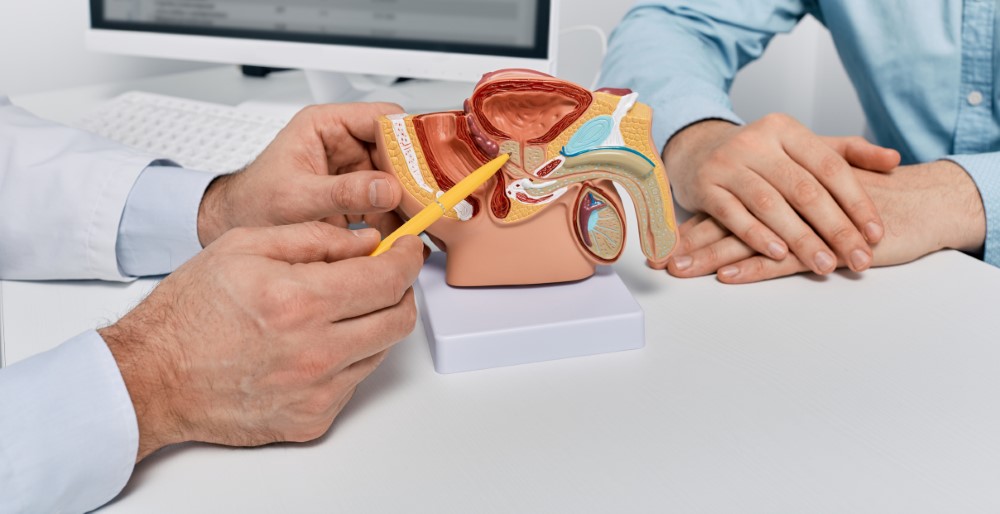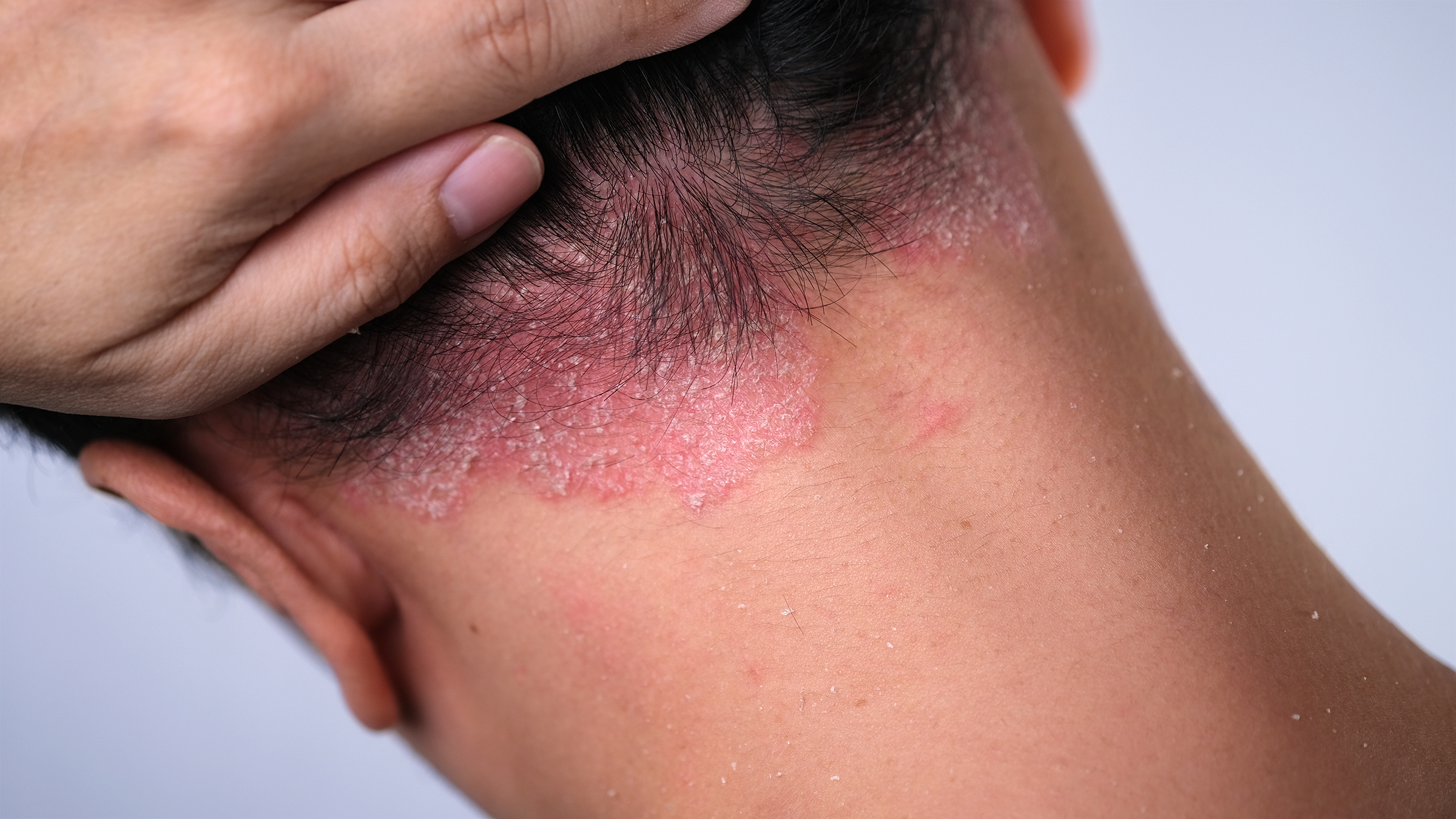
Understanding Erectile Dysfunction: Causes, Symptoms, Treatments, and Home Remedies
Erectile dysfunction (ED) is a common condition affecting millions of men worldwide, characterized by the consistent inability to achieve or maintain an erection sufficient for sexual intercourse. In the United States, it is estimated that approximately 30 million men experience some form of ED. This article will explore the causes, symptoms, diagnostic methods, treatments, prevention tips, traditional Chinese and Indian medications, home remedies, and the potential side effects of various treatments.
Introduction
Erectile dysfunction is not just a condition that affects sexual health; it can also have a significant impact on a man's self-esteem, emotional well-being, and intimate relationships. Although it becomes more common with age, ED can affect men of all ages and can result from a variety of physical and psychological factors. Understanding the various aspects of ED, including its causes and treatment options, is essential for managing this condition effectively and improving overall quality of life.
Prevalence of Erectile Dysfunction in the US
Erectile dysfunction is highly prevalent in the United States, with studies indicating that about 52% of men aged 40 to 70 experience some degree of ED. The prevalence increases with age, affecting approximately 40% of men at age 40 and nearly 70% of men at age 70. Despite its high prevalence, ED remains a topic that many men are reluctant to discuss, leading to underdiagnosis and undertreatment.
Causes of Erectile Dysfunction
Erectile dysfunction can result from a variety of physical and psychological factors. Often, it is a combination of both that leads to ED.
Physical Causes
- Cardiovascular Diseases: Conditions such as atherosclerosis (hardening of the arteries), high blood pressure, and high cholesterol can reduce blood flow to the penis, making it difficult to achieve an erection.
- Diabetes: Men with diabetes are at higher risk of developing ED due to nerve and blood vessel damage caused by poorly controlled blood sugar levels.
- Obesity: Excess weight can lead to cardiovascular diseases and diabetes, both of which can cause ED.
- Hormonal Imbalances: Low levels of testosterone or other hormonal imbalances can contribute to ED.
- Neurological Disorders: Conditions such as Parkinson's disease, multiple sclerosis, and spinal cord injuries can affect the nerves involved in erections.
- Medications: Certain medications, including antidepressants, antihypertensives, and antipsychotics, can cause ED as a side effect.
- Substance Abuse: Alcohol, tobacco, and illicit drugs can impair blood flow and nerve function, leading to ED.
- Peyronie's Disease: A condition characterized by the development of scar tissue inside the penis, causing it to bend and resulting in painful erections and ED.
Psychological Causes
- Stress and Anxiety: High levels of stress and anxiety can interfere with sexual arousal and lead to ED.
- Depression: Depression can affect sexual desire and function, contributing to ED.
- Relationship Issues: Poor communication, unresolved conflicts, and lack of intimacy in a relationship can cause ED.
- Performance Anxiety: Worrying about sexual performance can itself lead to ED.
Symptoms of Erectile Dysfunction
The primary symptom of erectile dysfunction is the inability to achieve or maintain an erection sufficient for sexual intercourse. Other symptoms may include:
- Reduced sexual desire or libido
- Difficulty maintaining an erection during sexual activities
- Inability to achieve an erection
It is important to distinguish between occasional difficulties with erections and persistent erectile dysfunction, which may require medical evaluation and treatment.
Diagnostic Methods for Erectile Dysfunction
Diagnosing erectile dysfunction involves a comprehensive evaluation, including a physical examination, medical history, and specific diagnostic tests.
Medical History
A thorough medical history helps identify underlying causes of ED. The doctor may ask about:
- Medical conditions, such as diabetes and cardiovascular diseases
- Medications being taken
- Lifestyle factors, including alcohol and tobacco use
- Psychological factors, such as stress and depression
- Sexual history and relationship issues
Physical Examination
A physical examination can help identify potential physical causes of ED. The doctor may examine the penis and testicles, check for nerve function, and assess blood flow.
Blood Tests
Blood tests can help identify conditions that may contribute to ED, such as diabetes, low testosterone levels, and other hormonal imbalances.
Urinalysis
A urinalysis can help detect diabetes and other underlying health conditions that may cause ED.
Ultrasound
An ultrasound can evaluate blood flow to the penis. It may involve the injection of a medication into the penis to stimulate an erection and assess blood flow dynamics.
Psychological Evaluation
If psychological factors are suspected, a psychological evaluation may be recommended to identify issues such as stress, anxiety, or depression.
Treatment Options for Erectile Dysfunction
Treatment for erectile dysfunction depends on the underlying cause and may involve lifestyle changes, medications, surgical interventions, and psychological counseling.
Lifestyle Changes
Making healthy lifestyle changes can improve erectile function and overall health:
- Exercise Regularly: Physical activity improves blood flow and reduces the risk of cardiovascular diseases.
- Maintain a Healthy Diet: A balanced diet can help manage weight and reduce the risk of diabetes and heart disease.
- Quit Smoking: Smoking impairs blood flow and can lead to ED.
- Limit Alcohol: Excessive alcohol consumption can cause ED.
- Manage Stress: Reducing stress through relaxation techniques, mindfulness, and counseling can improve sexual function.
Medications
Several medications can help treat ED by increasing blood flow to the penis. These include:
- Phosphodiesterase Type 5 (PDE5) Inhibitors: Commonly prescribed PDE5 inhibitors include sildenafil (Viagra), tadalafil (Cialis), and vardenafil (Levitra). These medications are taken before sexual activity and enhance the effects of nitric oxide, a natural chemical in the body that relaxes muscles in the penis and increases blood flow.
- Testosterone Replacement Therapy: If low testosterone levels are causing ED, testosterone replacement therapy may be recommended.
Surgical Treatments
Surgical interventions may be considered when other treatments are ineffective:
- Penile Implants: Inflatable or malleable (bendable) rods can be surgically implanted into the penis. Inflatable implants allow control over the timing and duration of an erection, while malleable implants keep the penis firm but bendable.
- Vascular Surgery: In rare cases, vascular surgery may be performed to improve blood flow to the penis.
- Psychological Counseling
Counseling can be beneficial when psychological factors contribute to ED. Cognitive-behavioral therapy (CBT) and sex therapy can help address issues such as performance anxiety, depression, and relationship problems.
Prevention Tips for Erectile Dysfunction
Preventing erectile dysfunction involves maintaining a healthy lifestyle and addressing potential risk factors:
Nutritional Tips
- Eat a Balanced Diet: A diet rich in fruits, vegetables, whole grains, and lean proteins can improve overall health and reduce the risk of ED.
- Limit Sugar and Processed Foods: Reducing sugar and processed foods can help manage weight and prevent diabetes.
- Include Healthy Fats: Foods rich in omega-3 fatty acids, such as fish and nuts, can improve cardiovascular health.
Physical Tips
- Regular Exercise: Engaging in regular physical activity can improve blood flow, reduce stress, and help maintain a healthy weight.
- Maintain a Healthy Weight: Obesity increases the risk of cardiovascular diseases and diabetes, both of which can cause ED.
- Avoid Smoking and Excessive Alcohol: Both smoking and excessive alcohol consumption can impair blood flow and lead to ED.
Traditional Chinese and Indian Medications for Erectile Dysfunction
Traditional Chinese Medications
- Ginseng: Often referred to as "herbal Viagra," ginseng is believed to enhance sexual performance and improve erectile function.
- Horny Goat Weed: This herb is thought to improve erectile function by increasing blood flow to the penis.
Indian Ayurvedic Medications
- Ashwagandha: Known as Indian ginseng, ashwagandha is believed to improve sexual stamina and overall vitality.
- Shilajit: A sticky substance found in the Himalayas, shilajit is used in Ayurveda to enhance sexual performance and energy levels.
Side Effects
Traditional Chinese and Indian medications can have side effects, and their efficacy and safety may not be as well-studied as conventional treatments. Potential side effects include:
- Ginseng: Can cause insomnia, headaches, and gastrointestinal issues.
- Horny Goat Weed: May cause dizziness, nausea, and dry mouth.
- Ashwagandha: Can cause drowsiness, gastrointestinal issues, and, in rare cases, liver problems.
- Shilajit: May cause allergic reactions and increase the risk of heavy metal poisoning if not purified properly.
Home Remedies for Erectile Dysfunction
In addition to medical treatments, various home remedies can help alleviate ED symptoms and improve sexual health.
Exercise
Regular physical activity improves blood flow and reduces stress. Cardiovascular exercises, such as walking, running, and swimming, are particularly beneficial.
Kegel Exercises
Kegel exercises strengthen the pelvic floor muscles, which can improve erectile function. These exercises involve contracting and relaxing the muscles used to stop the flow of urine.
Dietary Changes
- Dark Chocolate: Rich in flavonoids, dark chocolate can improve blood circulation and enhance erectile function.
- Nuts and Seeds: Almonds, walnuts, and flaxseeds are rich in essential fatty acids and can improve cardiovascular health.
- Garlic: Known for its blood-thinning properties, garlic can enhance blood flow to the penis.
Herbal Supplements
- L-Arginine: An amino acid that boosts nitric oxide production, improving blood flow to the penis.
- Yohimbe: Derived from the bark of an African tree, yohimbe is believed to enhance erectile function but can cause side effects like increased heart rate and high blood pressure.
Conclusion
Erectile dysfunction is a common condition that can significantly impact a man's quality of life. Understanding the causes, symptoms, diagnostic methods, and treatment options is essential for managing ED effectively. While lifestyle changes and medical treatments can help, traditional Chinese and Indian medications and home remedies offer additional options for improving sexual health. However, it is crucial to consult with a healthcare provider before starting any new treatment to ensure its safety and efficacy. By adopting a comprehensive approach to managing ED, men can improve their sexual function, overall health, and well-being.



